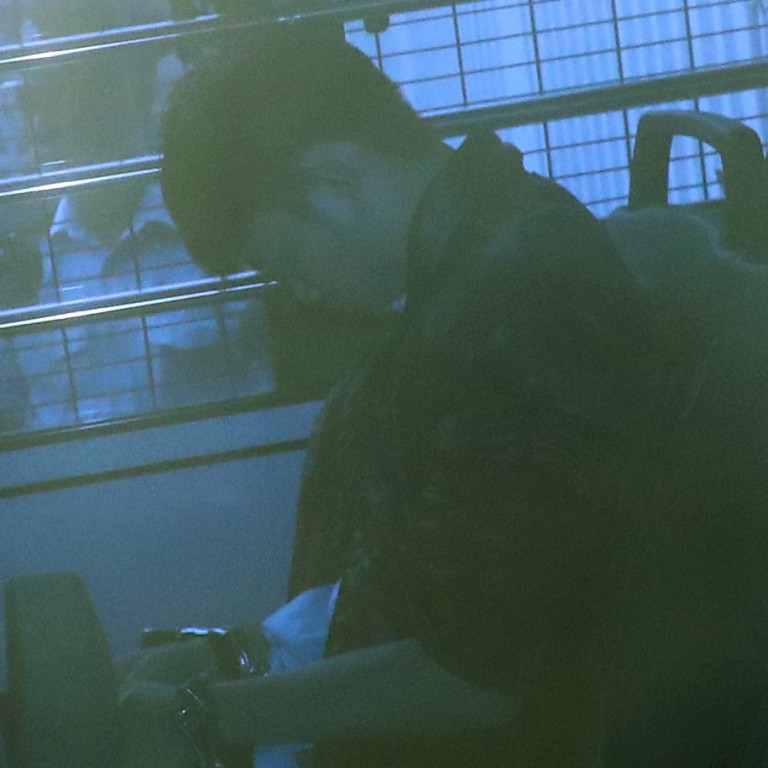
Fugitives face extradition to Macau, Taiwan and mainland China under Hong Kong government proposal to amend law this year
- Change aimed at plugging loopholes exposed by a homicide case in which Taiwanese authorities were unable to prosecute a Hongkonger
- Security Bureau revealed plan to amend Fugitive Offenders Ordinance and Mutual Legal Assistance in Criminal Matters Ordinance
The extradition of fugitives between Hong Kong, Macau, Taiwan and mainland China may be possible as early as the second half of this year under a government proposal to amend legislation and enable the surrender of suspects in criminal cases.
The policy change is aimed at plugging loopholes exposed by a homicide case in February last year in which Taiwanese authorities were unable to prosecute a Hongkonger accused of killing his pregnant girlfriend in Taipei before fleeing to Hong Kong.
Taiwan’s request for his surrender to stand trial on murder charges could not be processed in the absence of a formal extradition arrangement between the two jurisdictions.
The Security Bureau on Tuesday revealed its plan to amend the Fugitive Offenders Ordinance and the Mutual Legal Assistance in Criminal Matters Ordinance, laws which currently do not apply to “any other part of the People’s Republic of China”.
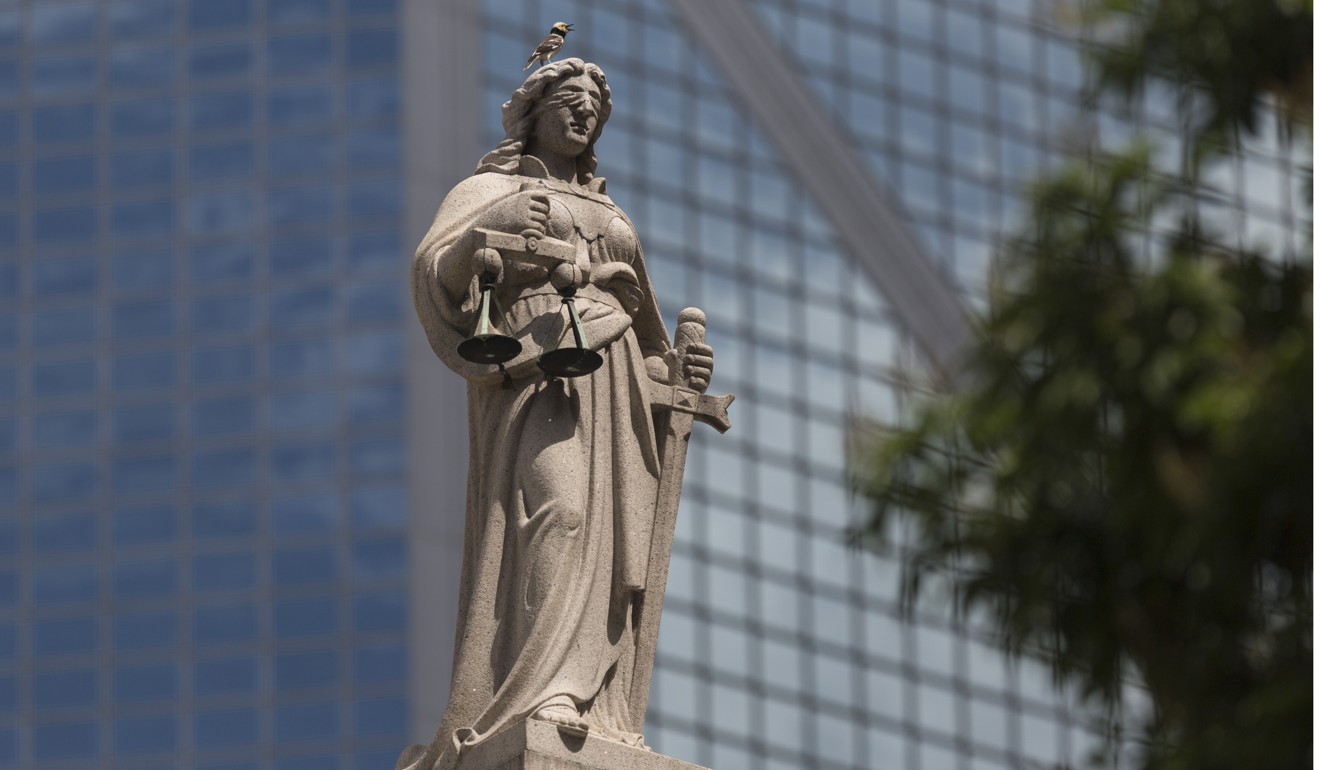
The amended legislation would allow Hong Kong to surrender fugitives to any jurisdiction with which the city has not entered into any bilateral extradition agreements, including Macau, Taiwan and the mainland.
Hong Kong has signed extradition agreements with 20 countries, including the United States, Britain, India, Singapore and the Philippines.
Young murder suspect’s transfer to Taiwan may need special deal
Under the proposal, extradition requests would be handled on a one-off, case-by-case basis, with the city’s chief executive issuing a certificate first to authorise the transfer of a fugitive.
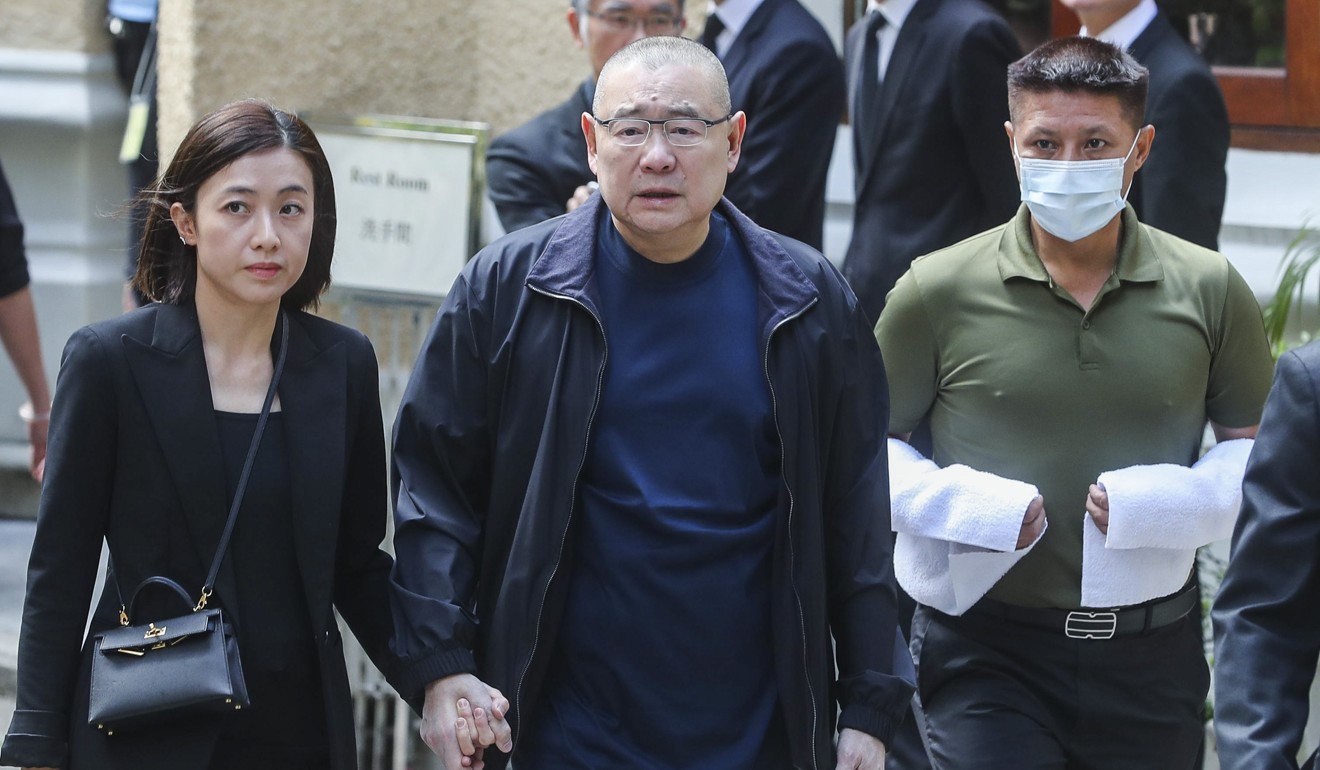
Protections built into the two existing laws would be maintained to ensure that fugitives would not be prosecuted on account of race, religion, nationality or political opinion, officials said. The crime concerned would have to constitute an offence in both jurisdictions.
We are looking forward to the legislation that could help strengthen Taiwan-Hong Kong efforts in jointly cracking down on crime
The final say would rest with the city’s courts.
In a paper for discussion by lawmakers, the government spelt out its plan to introduce the amendment bill in the current legislative session which ends in July. Officials hope to have the bill passed before that.
While opposition lawmakers such as James To Kun-sun of the Democratic Party were quick to warn that Beijing would be empowered to ask for political dissidents in Hong Kong to be handed back to the mainland, a government source insisted the new policy would not pave the way for such a scenario.
It is understood the government has already consulted Beijing over the legislative change.
Only 46 offences listed in the Fugitive Offenders Ordinance, such as murder or manslaughter, offences of a sexual nature, and obtaining property or advantage by deception, are covered in the agreements between Hong Kong and other countries.
They do not include offences that will be punishable when Hong Kong finally adopts Article 23 of the Basic Law, including treason, secession, sedition and subversion against the central government.
Fugitive found near hotel 36 hours after escape through hospital ceiling
“There is no crime of ‘picking quarrels and provoking trouble’ in Hong Kong, which could mean up to five years in jail on the mainland,” the source said, referring to a charge regularly used on the mainland.
Taiwan’s Mainland Affairs Council said it had taken note of Hong Kong’s plan and was watching closely for further developments.
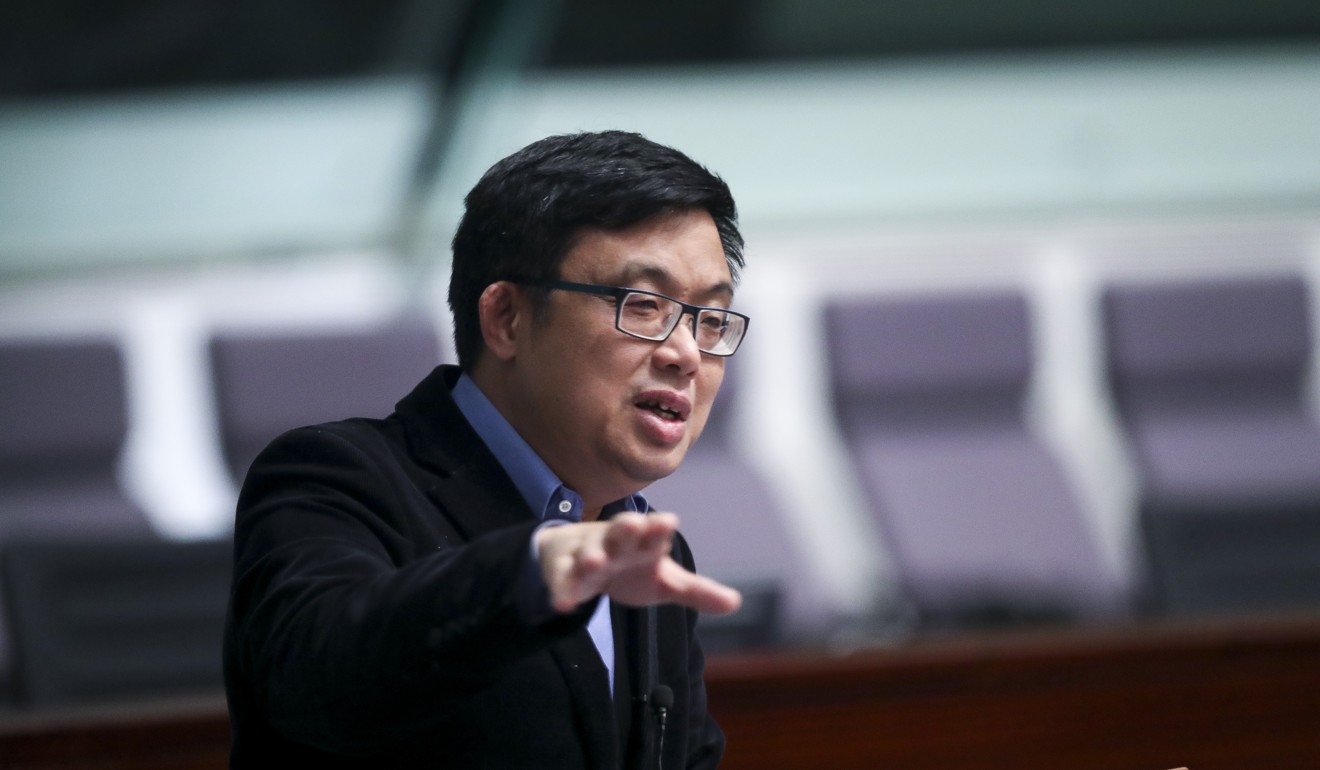
Cabinet spokeswoman Kolas Yotaka welcomed the proposal on behalf of Taiwan’s government.
“Regarding the Hong Kong suspect who allegedly murdered his girlfriend during their stay in Taiwan last year and escaped back to Hong Kong, we have many times sought by various means for the authorities in Hong Kong to send him to Taiwan for legal proceedings,” she said.
“We are looking forward to legislation that could help strengthen Taiwan-Hong Kong efforts in jointly cracking down on crime.”
Legal experts said the new extradition arrangements could be applied to past serious offenders before the law took effect, including the February murder case, although Taiwan would have to undertake not to seek the death penalty for the wanted person.
“We’re not saying that the accused committed a crime which was not a crime at the time,” said Simon Young, a University of Hong Kong law professor. “Murder is murder; in both jurisdictions it was [a crime of] murder at the time.”
He said he was confident Hong Kong courts would ensure fairness.
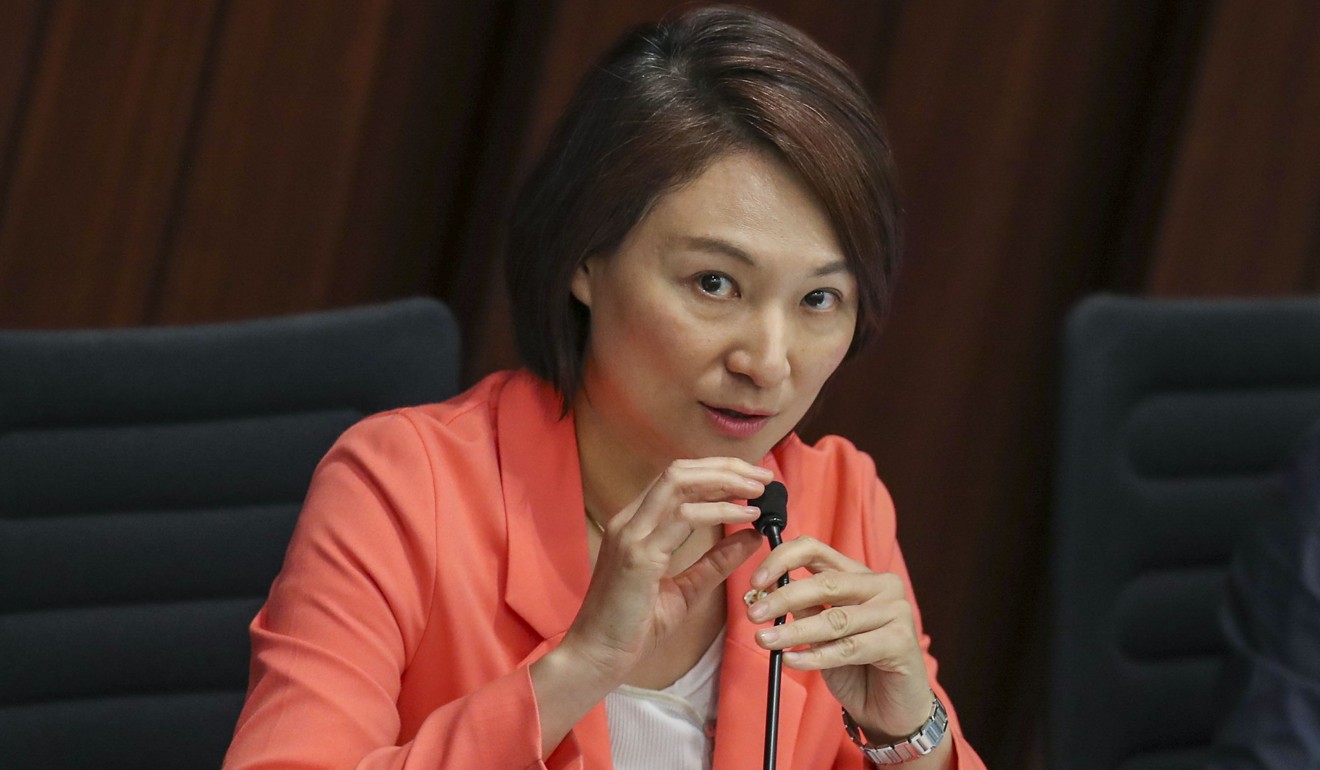
But To warned: “We should not be sacrificing our legal system just for one single case [in Taiwan].”
Former deputy director of public prosecutions John Reading SC said the bill could be the first step to fill a long-standing vacuum in cross-border cooperation against crime, but cautioned that it could affect existing extradition arrangements with other jurisdictions.
Hong Kong should not be a haven for fugitives
“There may be some jurisdictions that will now be more concerned about agreeing to an extradition back to Hong Kong, if they think there’s a chance that the person may be bounced on to China,” Reading said.
Starry Lee Wai-king, who heads the pro-establishment Democratic Alliance for the Betterment and Progress of Hong Kong (DAB), was hopeful Legco would pass the bill as soon as possible.
“Hong Kong should not be a haven for fugitives,” she said.
DAB vice-chairman Holden Chow Ho-ding also dismissed concerns about possible abuse of the new mechanism, saying it would be up to Hong Kong courts to decide whether a wanted person should be sent to another jurisdiction.
Regina Ip Lau Suk-yee of the New People’s Party also dismissed such fears, saying: “There are human rights safeguarded in our justice system and the offenders can also apply for a judicial review.”
Additional reporting by Lawrence Chung in Taipei



